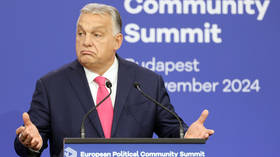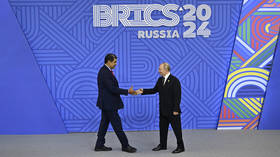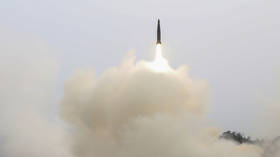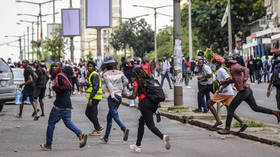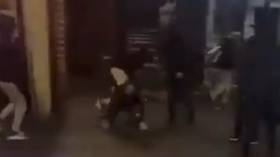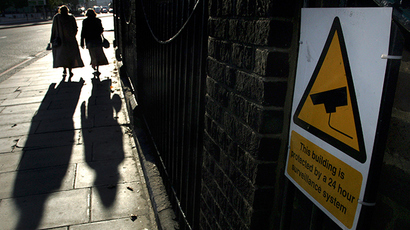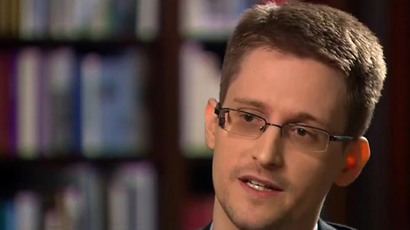Privacy concerns? UK police test 'faster-than-ever' facial recognition software
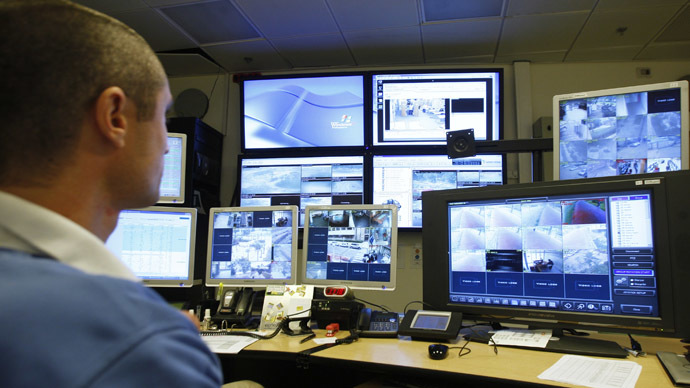
Facial recognition surveillance software being tested by British cops that allows “faster than ever” data searching and tracking of subjects is raising concerns among privacy activists.
NeoFace software analyses dozens of facial features from digital CCTV images or police body cameras and matching them with the 90,000 photos stored on Leicestershire Police's database, which had become the first unit in the UK to test it.
Processing takes a matter of seconds, eliminating the need for officers to spend hours manually searching for possible matches.
NeoFace software analyses dozens of facial features from digital CCTV images or police body cameras and matching them with the 90,000 photos stored on Leicestershire Police's database, which had become the first unit in the UK to test it.
Processing takes a matter of seconds, eliminating the need for officers to spend hours manually searching for possible matches.
Law enforcement hopes NEC’s NeoFace will “transform the way criminals are tracked down.”
“Initial results have been very promising and we’re looking forward to seeing what can be achieved throughout the six month trial,” Leicestershire Police Chief Inspector Chris Cockerill says.
While the results can’t be used as evidence in court, the programme does give detectives significant help in developing new lines of enquiry.
“Besides the speed it’s also impressive because it can even find family members related to the person we’re trying to identify.” Identity unit Manager Andy Ramsay adds.
Though not everyone shares the excitement over the new software. The technology has already raised some serious concerns among privacy activists who question its effectiveness.
“Facial recognition systems use computerized pattern-matching technology to automatically identify peoples’ faces,” says a spokesperson from Privacy International. “While still very much in its infancy, it raises significant public policy questions because it enables the covert identification and classification of people in public.”
With more than six million CCTV cameras in operation, Britain is already the most watched country in the world. Cameras that are in public control include more than 10,000 CCTV units installed by the police and some 60,000 more controlled by local authorities across Britain. There are 70 times more privately owned surveillance cameras than government ones.
The technology has also found a mixed reception in the US, where the Federal Bureau of Investigation’s database of facial recognition records is expected to contain 52 million images by 2015, which civil liberties advocates have said for years is among the most serious future threats to Americans’ privacy.


